Football fans eh, what are they like?
That easily defined throng of homogenous scum.
Millions of them, all awful because they like a sport.
Scenes in Paris prior to the Champions League final on Saturday once again showed how quickly authorities rush to demonise ‘hooligan’ football fans.
Or in this case, fans whose main crime was trying to attend a football match.
As expected, ticket-clutching Liverpool supporters turned up at the stadium in their thousands to watch their team play an important game of ball.
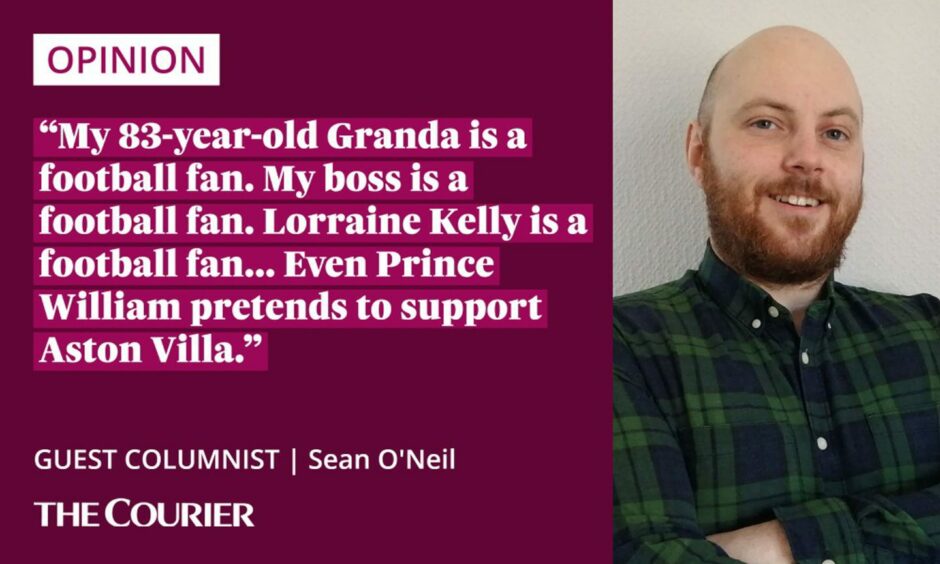
Somewhat unexpectedly, they were barricaded out of the ground and treated like a marauding hoard of possessed cattle by French security.
But as police kettled, pepper-sprayed and generally assaulted the Liverpool support, UEFA and the French authorities readied their excuses.
These can basically be boiled down to: “Football fans are scum don’t ya know”.
Good far outweighs the bad
Unfortunately for UEFA and the French authorities, fan video and on-the-ground reports from journalists told the real story – that supporters were the victim of abysmal organisation and treatment.
But that’s not often the case. Usually the lazily-drawn lie of hooligan football fans is allowed to fester.
To the Liverpool fans in Paris, what happened to you was disgraceful. You deserve so much better and now answers must follow. Hope you all got home safe ❤️ pic.twitter.com/ix24OzEBi2
— Andy Robertson (@andrewrobertso5) May 29, 2022
And for some reason society is eager to believe this narrative.
Even other football fans. About themselves.
As long as it’s not actually themselves.
It happens in Scotland.
Thousands upon thousands of fans travel to games every week without incident.
Some stadiums pack in 60,000 without issue.
There’s eejits in every support of course – but as a whole, when you take in the numbers involved, football fans are a fairly well-behaved bunch.
And they’re good for the economy.
But that’s not good enough for the haters.
Football fans – they’re just like you and me
So what is a football fan anyway?
My 83-year-old Granda is a football fan. My boss is a football fan. Lorraine Kelly is a football fan.
We range from Delia Smith to Snoop Dogg and back to Ant & Dec.
Even Prince William pretends to support Aston Villa.
But no-one thinks of Delia when they hear that football fans have done a thing.
So the narrative has worked.
Look at ScotRail. Back when it used to be a train company, if there was a big football game on then no beers were allowed.
Why? Football hooligans.
Going to the rugby though?
Drink away. Hell, drink in the stadium if you want.
‘Hooligan’ football fans take the blame for authorities’ failings
Scotland even brought in the (now repealed) It’s Offensive To Be A Football Fan Bill or whatever they called it
A bill where they decided it was up to football to solve sectarianism.
Now I’m from Ireland – and I can say that Scotland and the UK has a problem with anti-Irish, anti-Catholic bigotry (but that’s a column for another time).
And I’ll also say that certain teams have a problematic element within their support.
But that’s an issue from wider society. It’s not a football issue for fans to sort themselves.
Politicians shouldn’t just dismiss something so serious as such – but they do.
The narrative allows them.
And yes, there are times when fans let themselves down – Wembley during the Euros final, Manchester in 2008 – but these stand out because they’re the exception.
Football fans are not some out-of-control subsect of society. They’re an accurate reflection of society in all its forms.
So don’t let the authorities blame them for their own bigger failings.
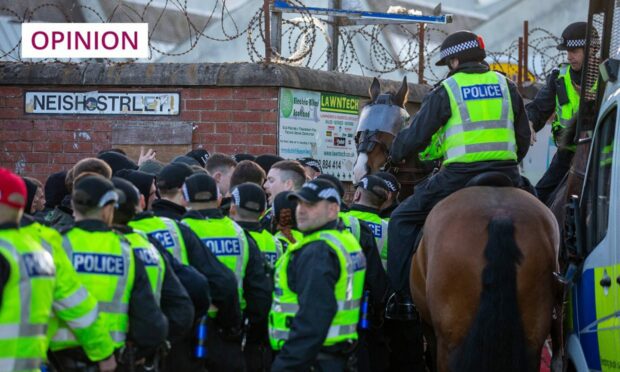
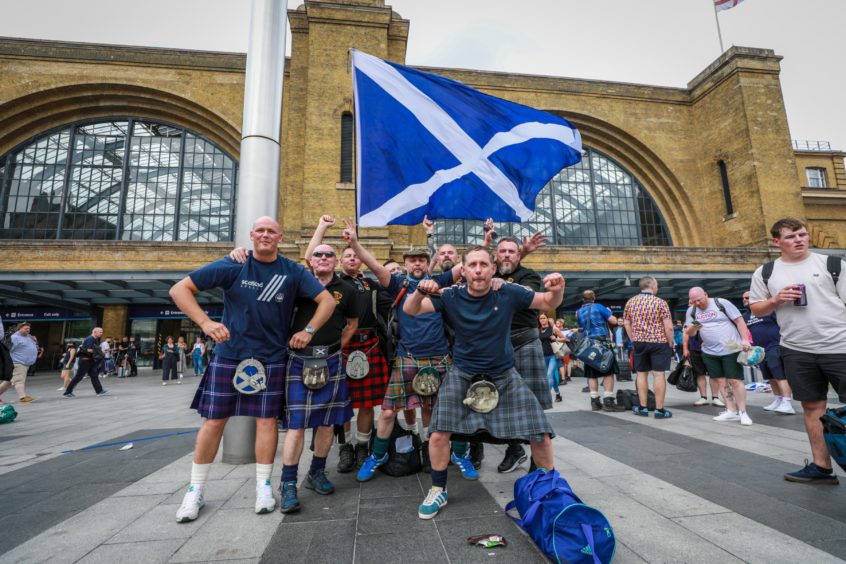
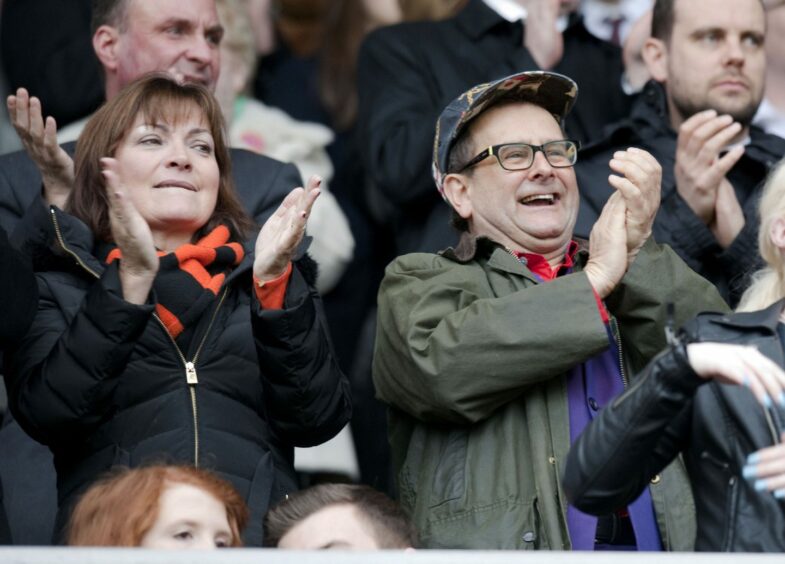
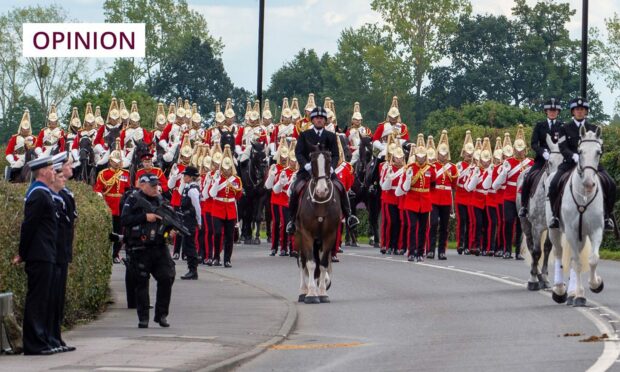
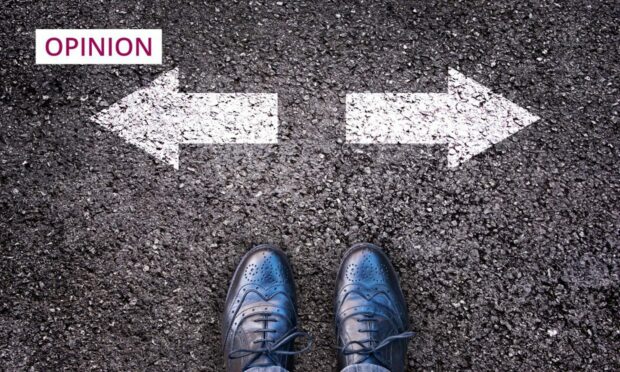
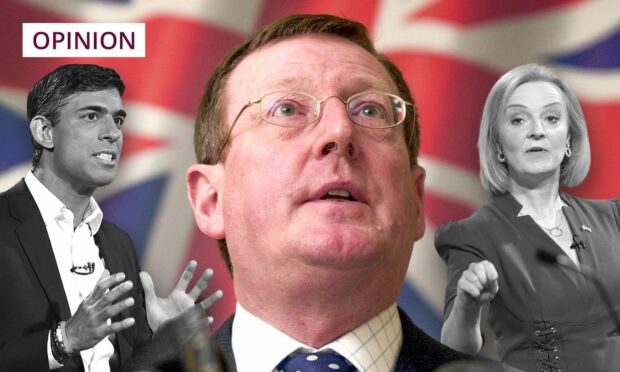
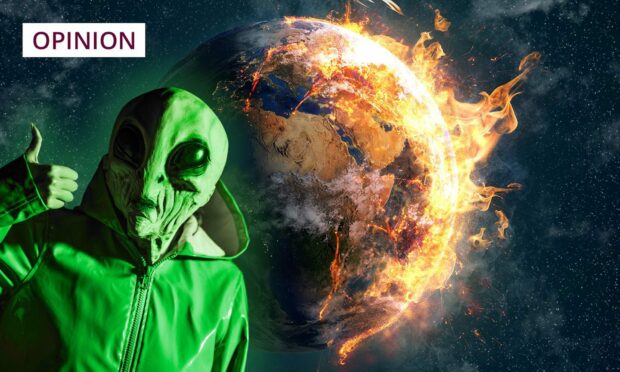

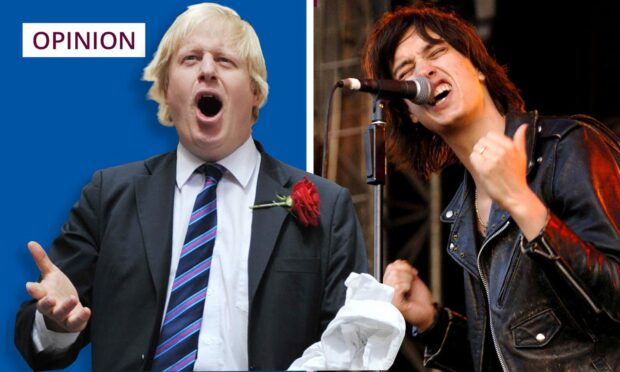










Conversation